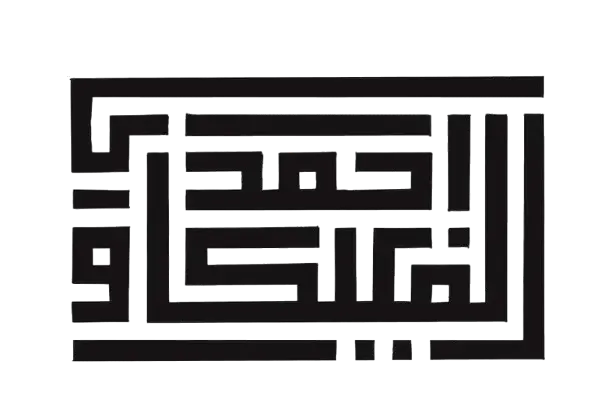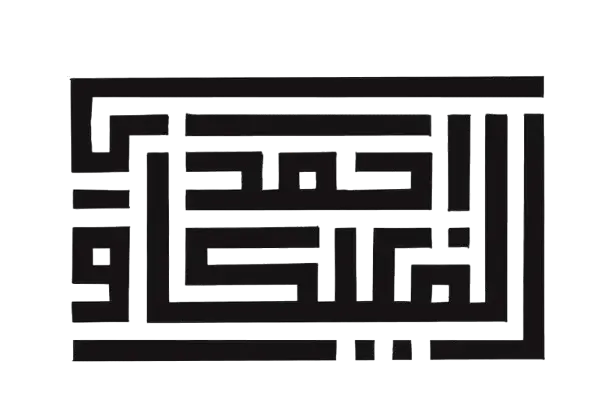This is not an attack… but a call for reflection.
An entire generation passed through the gates of graduation without ever knocking on the true door of understanding. Their minds never felt the pressure of an exam paper, nor the breathless silence of a test hall, nor the real confrontation with a question face-to-face. They graduated remotely… yet our questions about the quality of education have never been closer.
Was this their fault? Of course not. They were at the eye of the storm—shuffled from platform to app, from uploaded tasks to superficial assessments—while we, as institutions, were more preoccupied with adapting than with evaluating.
Some universities, whether out of goodwill or survival instinct, decided that “flexibility” mattered more than standards. Requirements were lowered. The absent equaled the diligent. The student who wrote his paper was placed alongside the one who copied it with a single click.
But after the pandemic, have we found the courage to ask: Is this graduate truly prepared for the world? Or did they simply receive a certificate without a real test of skill or awareness?
A 2022 World Bank statistic revealed that countries relying exclusively on remote education during the pandemic saw a 41% decline in graduates’ analytical skills compared to those of traditional cohorts. An OECD report further noted that over 60% of employers in the Middle East expressed deep concern over the “skills gap” between the certified on paper and the qualified in practice.
And yet, the point here is not belittlement, but contemplation. In times of crisis, many strived, and some truly excelled… but a significant group passed unnoticed, unprepared, unequipped.
Therefore, as an academic, I propose today a simple national project: a voluntary remedial assessment, offered free to every “COVID graduate.” A test of thinking, writing, and communication skills, reconnecting them to the essence of learning, and granting them a chance for redemption—a chance rarely offered after graduation.
This is not about exclusion… but about educational justice. To ensure the diligent are not wronged, and the affected are not left behind.
In truth, we do not blame them. We blame ourselves. They are the children of extraordinary circumstances. We are the decision-makers afterward. Let us settle this account—not by reproach, but by correction.
“The COVID graduate is not the culprit… but the catalyst for education to reconcile with itself.”
Perhaps the solution lies not only in an additional exam, but in a new vision: one that sees education as life to be lived, not merely coursework to be submitted. To restore the university as a cradle of thought, not a conveyor belt of certificates.
Why not launch a national rehabilitation program for the pandemic-affected graduates? Workshops, field training, critical evaluations, and intellectual mentorships that rebuild the student’s confidence in themselves—and society’s confidence in them.
Yes, COVID was a storm. But storms reveal the fragility of our structures. And today, we still hold the time—and perhaps the courage—to rebuild anew.



